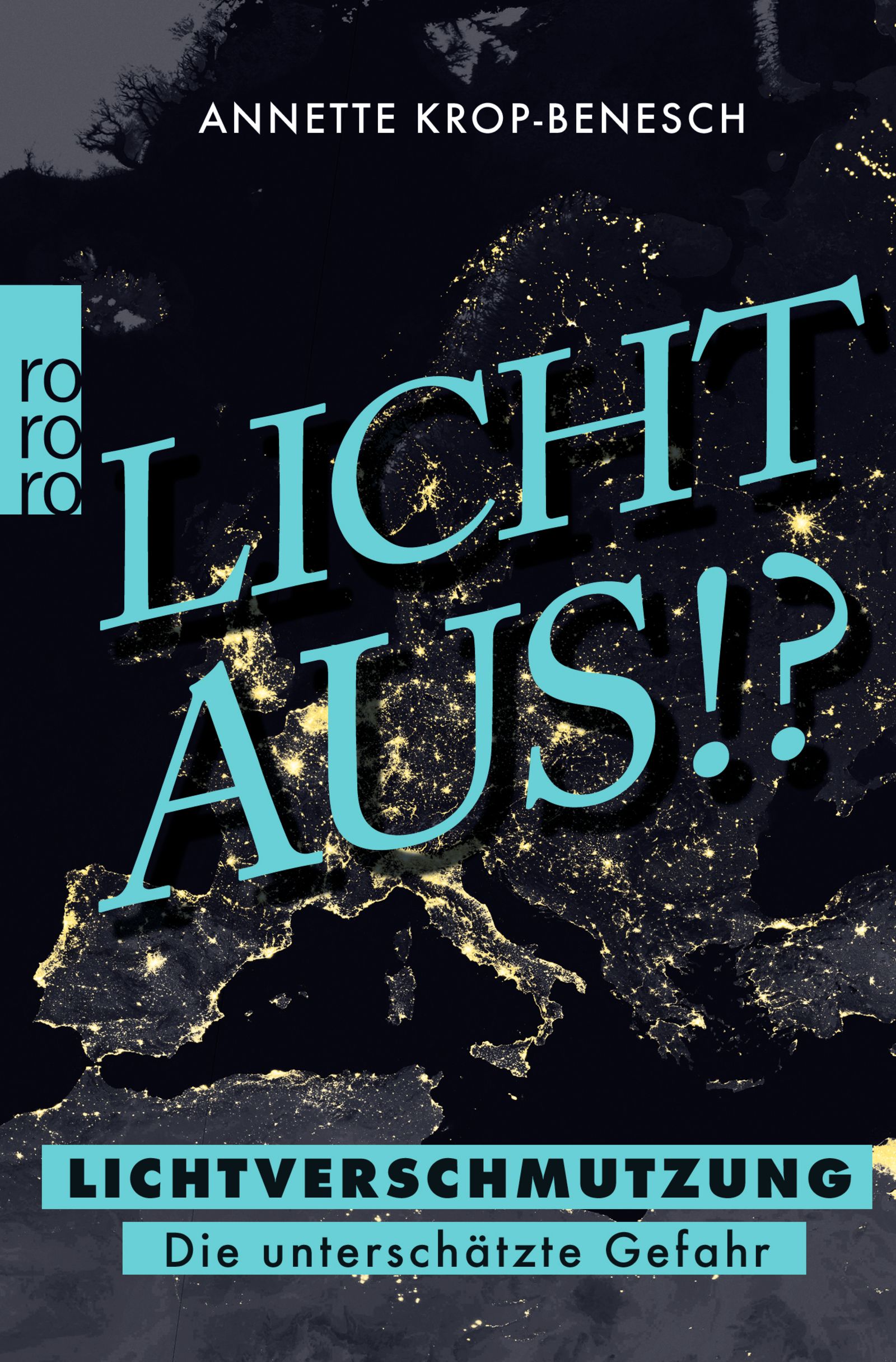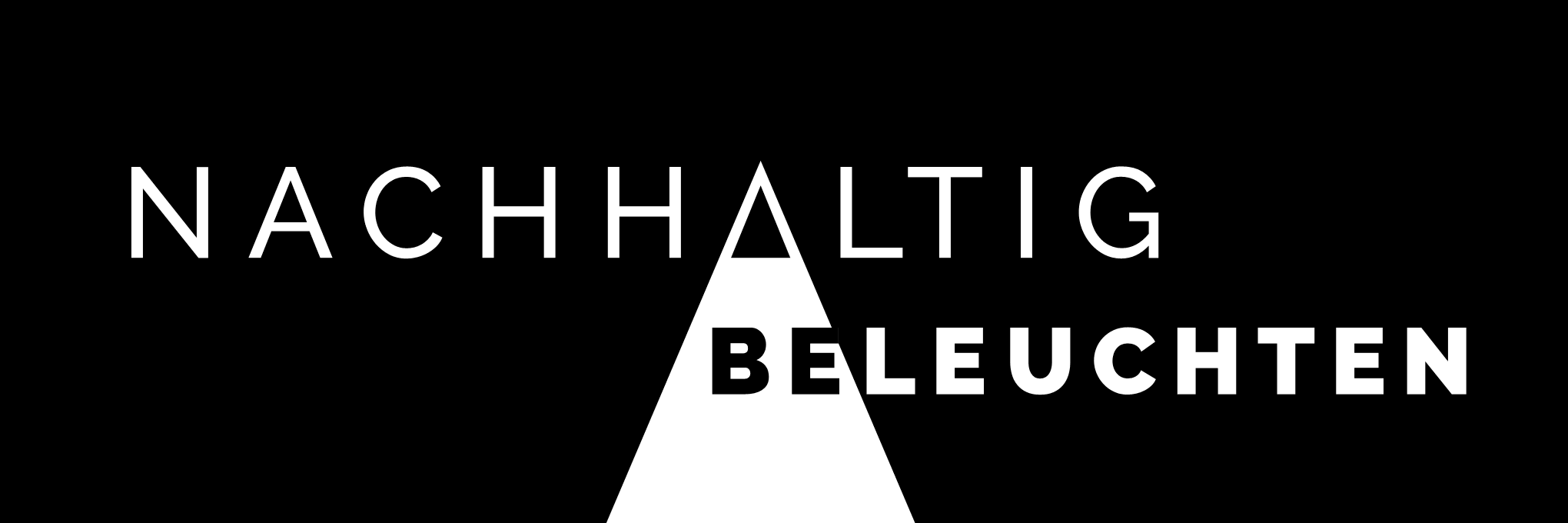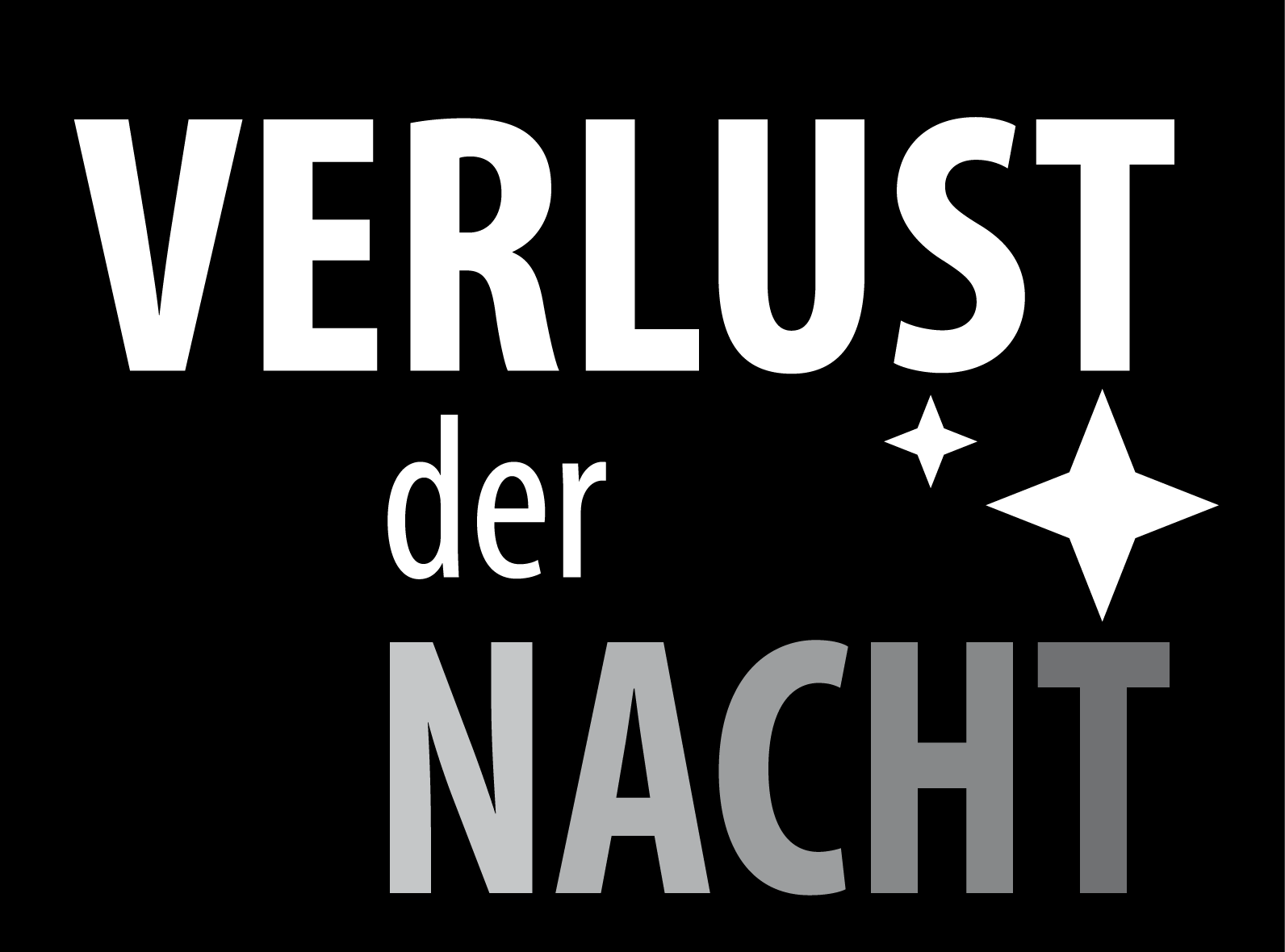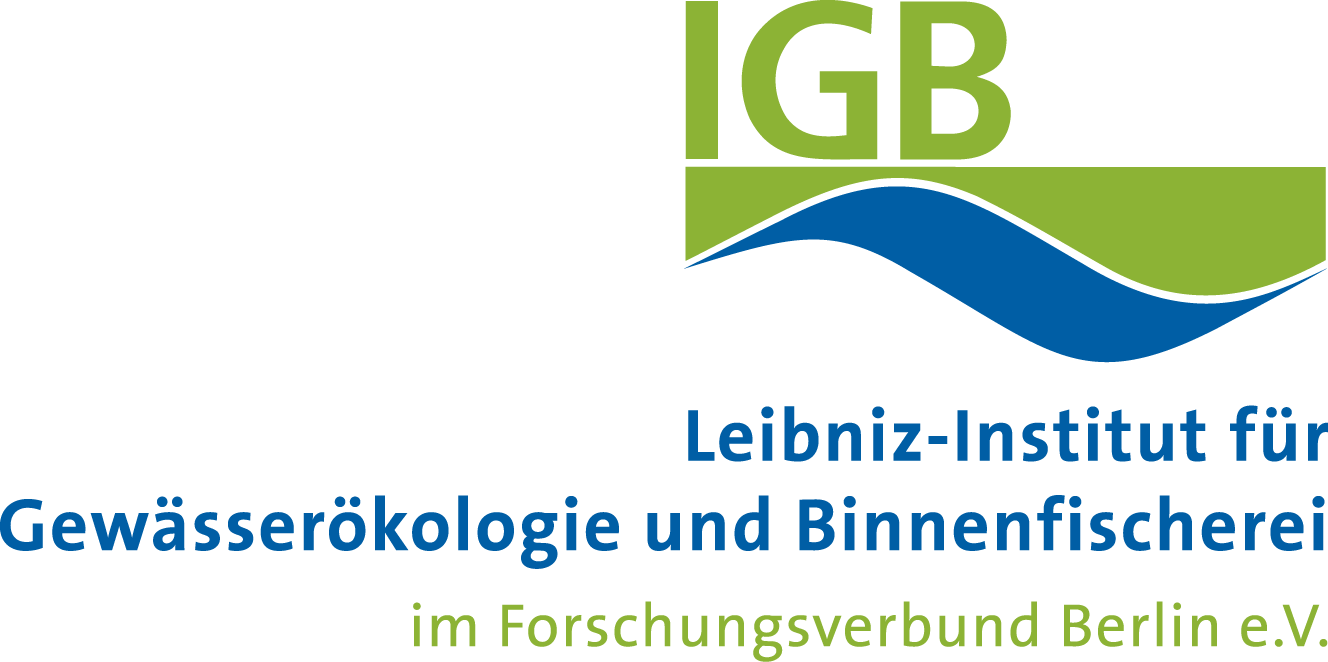
Licht aus!?

Our world becomes brighter, and for most people, this is a sign of progress. At the same time, a growing number of people feel annoyed by all this light, and researchers from different disciplines gather evidence that all that light might not be desirable at all. In fact, there is evidence that light at night does much harm.
My book "Licht aus!?" is a German introduction into light pollution, covering the history and technology of artificial light and its consequences on astronomy, ecology, and human health. It also discusses what kind of light we need for safety and how modern lighting technologies can offer a compromise between the needs of nightly human activity and ecology as well as health.
The book is written for anybody interested in light and light pollution, no matter if you are an absolute beginner without technical knowledge or an expert in any discipline connected with light. It presents findings from scientific studies as well as personal experiences. To people who want to change light, I want to give some tools to talk about light and work towards a more sustainable, environmental and human friendly lighting.
Whats's covered in the book:
What is light, and what are the basic terms used by light planers and engineers? Let us discover the history of gas lanterns, moonlight towers, gas discharge lamps towards modern LEDs. This part of the book introduces you to the technology of light and enables you to talk to lighting experts.
How does light influence our life and can it actually make us sick? What happens when we look into bright light? Can light pollution harm our health? I give insights into current research and explain how light controls our hormones and thus our entire physiology and what happens if we can't get enough sleep.
What happens to nature when night disappears? All animals are effected by light no matter if it's natural or artificial. One part of the book talks about the role of light in insect decline, its consequences on migrating bird, explainations why black birds suddenly sing at night and trees keep their leaves too long, and much more.
How is light regulated? Is there a right on darkness? I give an overview on the legal situation in Germany and Austria and report court decisions about outdoor lights.
How important is light for our safety? We feel more secure when there is light, but this often is just an illusion. Research cannot find a simple connection between light and safety, however, good light can help with orientation and a feeling for space. I give some insights in what good lighting is and how light can actually become dangerous.
Light changes the feeling for space, it can make a place more attractive or unpleasant. There is lots of personal taste involved, but when it comes to public light there are some aspects that need to be considered. This includes the amount and colour of light. And there are indeed places where we should switch off the light at some point, because it does more harm than good.
Last but not least, there can't be a book on light pollution without talking about stars. Why are we so fascinated by stars, and what does it mean to us, personally and culturally, if we can't see them anymore? The night sky is the cultural heritage of humankind. While less people are able to see the stars from their home, astro tourism receives more interest, not only by hobby-astronomers.
Reviews
Sterne und Weltraum, Aprilausgabe 2020: "Obwohl die Fakten zum Thema zumindest einem interessierten Publikum gut bekannt sind, hält die Autorin immer wieder überraschende Details bereit. Das Buch ist höchst hilfreich für alle, die gute Argumente brauchen, um ihre Gegenüber von einer intelligenten Beleuchtung zu überzeugen."
Brigitte vom 25. März 2020: "Interessantes Hintergrundwissen über ein spannendes ökologisches Thema, das uns alle betrifft und sonst - um mal im Bilde zu bleiben - kaum beleuchtet wird."
Hannoversche Allgemeine vom 27. Januar 2020: "Helligkeit ist eine schöne Sache, Dunkelheit ängstigt uns. Diese Haltung bringt allerdings einige Probleme mit sich. Denn künstliches Licht stört nicht nur jeden, der die Sterne sehen will, sie ist auch gefährlich für viele Tiere und schädlich für die Gesundheit des Menschen. In ihrem spannenden Sachbuch "Licht aus!?" warnt die Biologin Annette Krop-Benesch vor den Folgen der Lichtverschmutzung und rät dazu, mehr Dunkelheit zu wagen."
Börsenblatt vom 14. Januar 2020: "Manche Bücher können viel bewirken. Weil man nach der Lektüre über einige Sachverhalte ein bisschen besser Bescheid weiß, ändert man sein Leben. Oder versucht es immerhin. [...] Gerade hat mir ein Sachbuch über die Dunkelheit ein erleuchtendes Lektüreerlebnis beschert. In ihrer klugen und unterhaltsamen Streitschrift "Licht aus!?" (Rowohlt) informiert die Biologin und Bloggerin Annette Krop-Benesch über das unterschätzte Thema Lichtverschmutzung."
Münchner Merkur vom 31. Dezember 2019: "Lesenwert!"
Fokus online vom 3. Dezember 2019: "Annette Krop-Benesch nimmt uns mit auf eine Reise durch die Geschichte der Beleuchtung. Sie untersucht die Frage, wie sich Licht und Dunkelheit auf den menschlichen Biorhythmus und die Tierwelt auswirken. Und nicht zuletzt geht es um das Thema Energieeffizienz. Die Autorin will dabei die Menschheit keineswegs ins dunkle Mittelalter zurückbeamen, vielmehr plädiert sie für Vernunft und Augenmaß."



